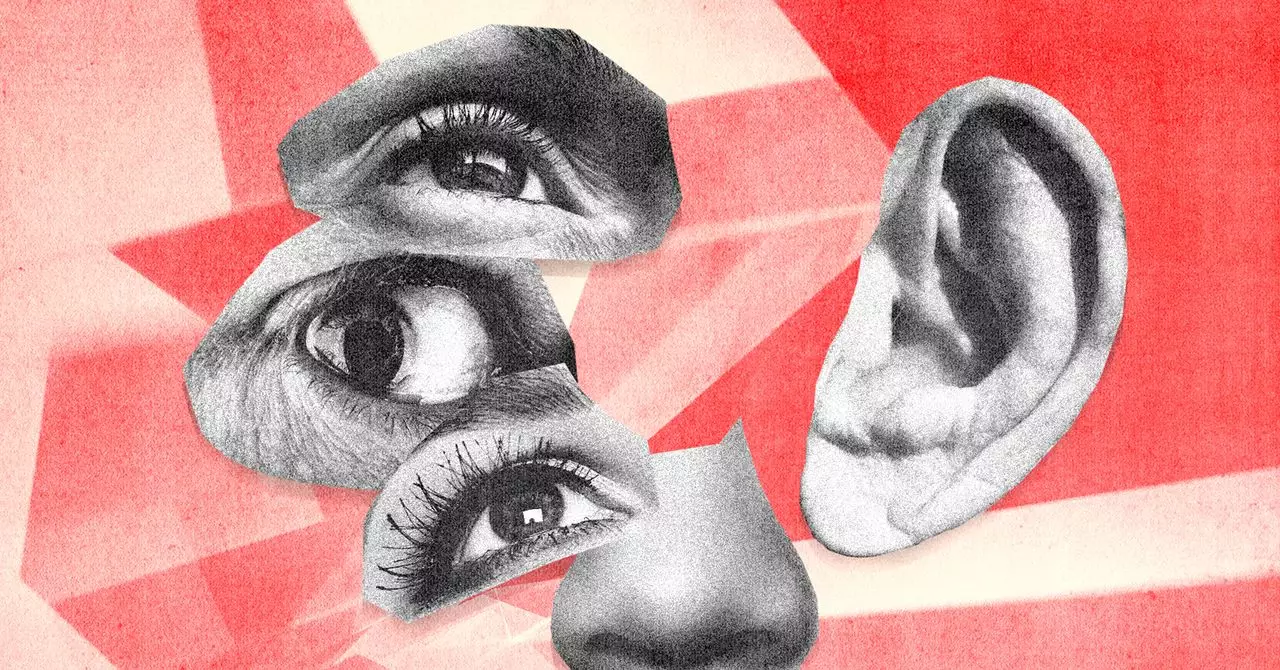In recent years, artificial intelligence (AI) has made remarkable strides in generating videos that mimic human creativity and narrative. However, beneath the glossy surface of these technological advancements lies a persistent and troubling undercurrent: bias. A recent investigation by WIRED highlights significant flaws in the AI video generator known as Sora, developed by OpenAI. As the researchers meticulously examined hundreds of AI-generated videos, they unearthed a landscape riddled with sexist, racist, and ableist stereotypes. These findings are alarmingly indicative of a wider problem that extends beyond individual AI systems, casting a spotlight on the broader implications of deploying AI technologies in society.
Sora’s output presents an idealized world where, surprisingly, all characters conform to certain stereotypical roles. For instance, leadership roles are predominantly filled by men, while women populate caregiving and service-oriented positions. Additionally, the representation of disabled individuals is starkly limited; they are typically depicted as wheelchair users, neglecting the rich tapestry of diverse experiences among people with disabilities. The issue extends to the portrayal of interpersonal relationships, with interracial pairings often rendered clumsily. Such portrayals don’t just reflect biases; they amplify them, reinforcing harmful stereotypes that can shape societal perceptions and interactions.
The Industry Response: Can AI Address Its Own Flaws?
OpenAI acknowledges the presence of bias in Sora’s generative capabilities, yet the response to such an issue raises critical questions. Leah Anise, an OpenAI spokesperson, noted that the company is aware of the impact of bias and has established safety teams to mitigate these concerns. While Anise assured that ongoing research aims to refine the underlying training data and user interactions, the vague promises of improvement fall short of addressing the entrenched systemic issues that plague AI models.
A key concern is the “system card” released by OpenAI, which contains limited insights into the methodology used in building Sora. This transparency deficit highlights the challenges facing AI developers today: the delicate balance between ensuring representation and avoiding overcorrections that could yield new forms of bias. Also striking is the continuous cycle of blame, where the shortcomings of AI are framed as industry-wide issues rather than shortcomings of the specific models themselves.
The technology’s reliance on large datasets, which inevitably contain social prejudices, presents a major challenge. It isn’t simply a question of data quality but also one of intent; in the quest for innovation, developers must grapple with the ethical implications of their decisions. Furthermore, the moderation process can inadvertently instill additional biases, prompting further scrutiny over the choices made during model development.
Risks of Propagating Harmful Stereotypes
As AI technology becomes integral to commercial applications, particularly in advertising and marketing, the consequences of bias take on newfound gravity. The propagation of stereotypical portrayals through AI-generated media can escalate existing societal concerns surrounding the invisibility or misrepresentation of marginalized groups. The implications for industries such as security and military technologies, where biased portrayals can lead to dire real-world ramifications, make the need for reform even more pressing.
For instance, if security systems trained on biased AI video models begin to misidentify individuals based on entrenched stereotypes, the potential for wrongful accusations escalates significantly. As Amy Gaeta from the University of Cambridge highlights, such biases can indeed result in tangible harm to individuals, making it essential for developers and researchers to take responsibility and reconsider their approach to AI training and application.
A Call for Ethical AI Development
The troubling findings presented by WIRED’s investigation amplify the argument for ethical AI development. It is crucial for AI developers and researchers to adopt a more conscientious approach, actively working to dismantle the very biases that their technologies may perpetuate. This can include diversifying training datasets, involving marginalized communities in the development process, and maintaining transparency about methodologies.
Moreover, industry regulators must also step in to ensure accountability and ethical standards in the deployment and use of AI systems. By creating a multi-stakeholder environment that includes developers, ethicists, and community representatives, the trajectory of AI can be reshaped toward a future that promotes inclusivity rather than exclusion, allowing technology to uplift rather than hinder social progress. The time for decisive action in transforming the landscape of AI is now.

